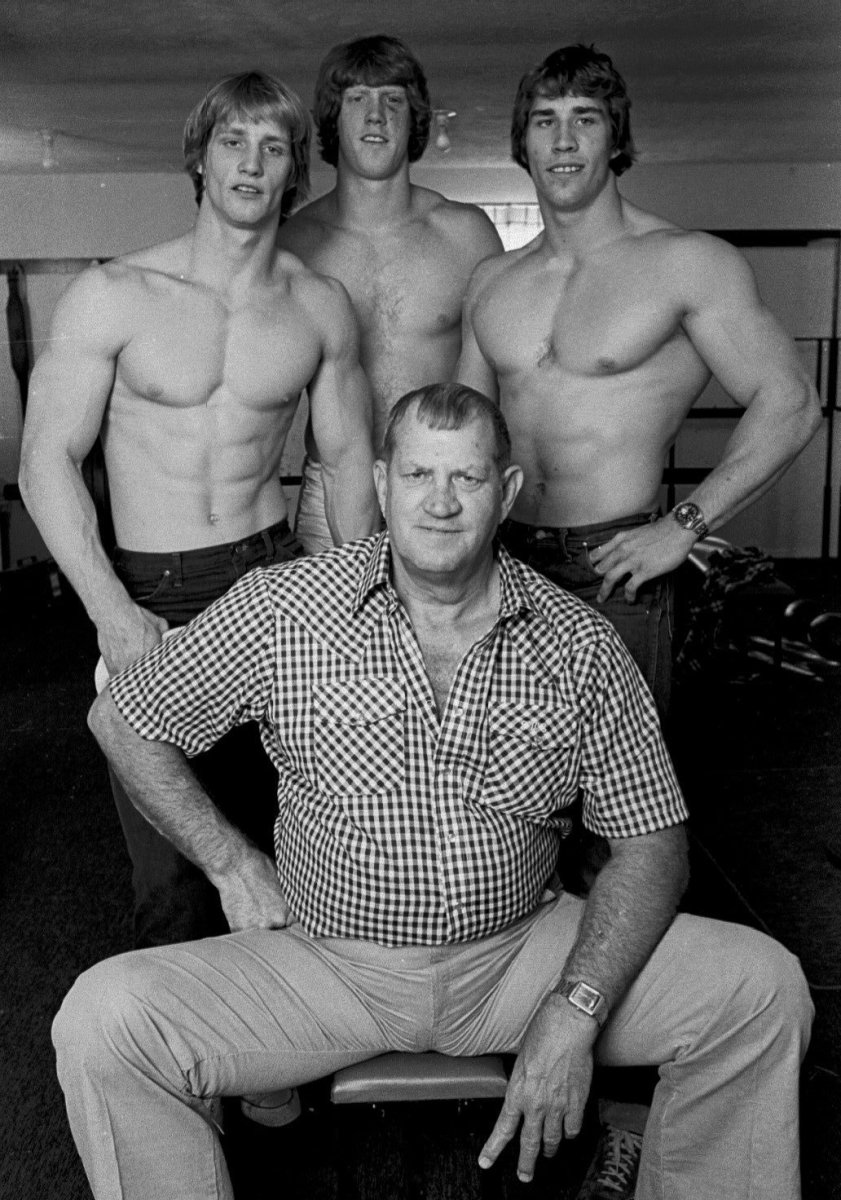How to Manage Your Relationships to Maximize Your Athletic Performance
Are Your Loved Ones Supporting You?
Hopefully, we all have someone that will stand by us no matter what, and is appropriately supportive and constructive, sort of like having someone in your corner, except in your personal life. Families and relationships can offer sources of learning, comfort, and support at their best.
However, we don’t all have that luxury. Not all families are perfectly functioning units where the people in it know how to support each other emotionally during their trials and tribulations. This is where an athlete can run into trouble during training and competition. A wrong word from the wrong person right before an important, life changing match or game could sabotage months and even years of painstaking training and competition all within a few short seconds.
Sure, you love your family, and you love your girlfriend or boyfriend or fiancé or husband or wife, and you even love your cranky grandpa. This article will help you determine the best way to manage even the crankiest of your loved ones so they do not interfere with what you have to do to succeed.
Your loved ones can unintentionally sabotage your athletic performance.

How Relationships Affect Our Mental Game
How is it we can talk to some people and be left feeling great, and others make us feel down, depressed, angry, or even horrible? In order to understand how relationships affect our mental game, we have to first examine trigger points.
Thinking about things that really bother you is a great way to learn your trigger points.

Trigger Points
Like it or not, we all have trigger points, and everyone’s trigger points are unique to the individual. Negative trigger points are a phrase, a word, anything that can set you off and send you down a road of anger or despair.
People who do not want or know how to help you realize your goals and dreams will often hit the negative trigger points and say something to you that will sabotage everything you had been trying to accomplish up until that moment. Perhaps they are jealous, or maybe they just don’t know how to be constructive, or are even controlling. Regardless of the reason, they are bringing up issues in you they most likely know on some level that will ruin all of your efforts.
Trigger points and bad memories can be tricky business, so I wouldn’t recommend exploring these issues without someone who has a lot of experience and the appropriate qualifications to help you discover your own trigger points.
How can you tell the types of statements to watch out for? How do you know when someone intends to bring up one of these triggers and send you emotionally backwards right before your important match?
The most important thing is to notice how you feel after speaking with your relative, friend, lover, etc. Are you feeling happy and positive, or do you feel angry and upset? If it is the latter, chances are your loved one is saying a statement to you reminding you of an incident that upsets you or reminds you of something negative in your past, or knows exactly what to say to you to evoke anger, depression, anxiety, or any other negative feelings that person wants you to feel.
If you are still not sure, or perhaps the person is well versed in manipulation, take a look at the ten most common types of statements below and see if you know someone who uses these phrases a lot.
The Top Ten Trigger Point Statements
1. “Make sure you don’t…”
This person is having you focus upon the negative, such as, “Make sure you don’t lose.” It is a surefire way to get your subconscious to focus on losing instead of focusing on the positive. It plays upon a person’s doubts and fears and wreaks havoc with the mental game.
2. “Remember when…”
Even if this is followed by a good memory, having you relive the past, unless it is an example of where you had a shining moment in your history of being, is usually not productive. Even if you had won ten championships, this can insidiously put more pressure on you to succeed again than you already have, or zaps your motivation to rise to the occasion this time.
3. “If I were you/If it were me…”
Well, that person is not you, and that person is not in your situation, so it is better to cut this one off as soon as possible when you hear it, because the ending is usually just as bad as the beginning.
4. “Negative, negative, negative, but I’m telling you this because I love you/because I care.”
No one needs this head game. The person bombards you with something that is negative and is certain to upset you, but then adds because I love you at the end so you will feel guilty about telling the person how you really feel about decimating your emotional status and your self-esteem. This is not truly love. Love is a wonderful emotion felt towards another person, object, animal, even the earth. This person is using the word love to manipulate you and bring you down.
5. “In my opinion…”
In my practice, I emphasize the importance of every one of my clients being the authority in their own lives. In this statement, the speaker is trying to assert himself or herself as the authority in your life, especially if you have not sought out this person’s advice.
6. “You can’t…”
Let’s try something different, and put “lose” at the end of this statement. Your subconscious is a tricky thing. The fact a negative word is brought up in this statement is enough for the word “lose” to seep into your subconscious. This type of statement will prime you for more anxiety and stress, things you certainly don’t need while training and competing. Besides, what is this person doing saying you can’t? Sure you can!
7. “You’ll never…”
This is a putdown, plain and simple, and something to be avoided at all costs.
8. “Don’t…”
Okay, I admit, I use this one with my two-year old daughter a lot, especially when she is doing something that can endanger her well being. However, you are not two years old, so no one should be addressing you like one.
9. “Look how far you’ve come.”
This is a negative comment disguised as a compliment. It isn’t going to do your mental game any good to have someone reminding you of a time in your life where things weren’t going as well as they are now.
10. “Go kick his ass.”
How could an all positive statement have a negative influence on you? As stated before, everyone’s triggers are different. This is just one example of how an all-positive statement can become a negative in the right circumstance. If this statement came from someone who always kicked your ass, the thing you would remember is not you kicking your opponent’s ass, but the fact that this person used to physically beat you. This will make it very difficult for anyone to keep his or her mental game together. Even worse, this is disguised as a compliment, so it creates anxiety and guilt when you feel bad after the person says it.
Examining how all the people in your life influence you can help you determine who is helping you and who is harming you.

Communicate Your Boundaries
Efficient communication is the key for a positive, constructive relationship. With any luck, when you learn your own triggers, you can tell your loved ones what they can do to help you, and they will work on modifying their behaviors so they will not interfere with your training and performance success.
Sometimes, this is not possible in all of our relationships. If you determine the person in question is triggering negative feelings and experiences, and you cannot communicate with this person in a manner that can help resolve the issue, you might have to cut communications with that person until you have achieved what you want to achieve if all else fails. You might be willing to tolerate that person’s negative behaviors in your personal life. However, when you are training and competing, there is more stress to deal with than normal, and you don’t want to place yourself in a position where that person can wreak havoc with your mental game.
Who's in Your Corner?
Who is causing you the most emotional issues during your training and athletic events?
Summary
- The people who are closest to you can be your best supporters or sabotage your athletic performance.
- If you feel a lot of guilt or feel bad after conversations with significant others, you will have to work on your relationship issues with your loved one.
- If communication doesn't work, you might have to minimize communication with your loved one until your athletic event is over.




